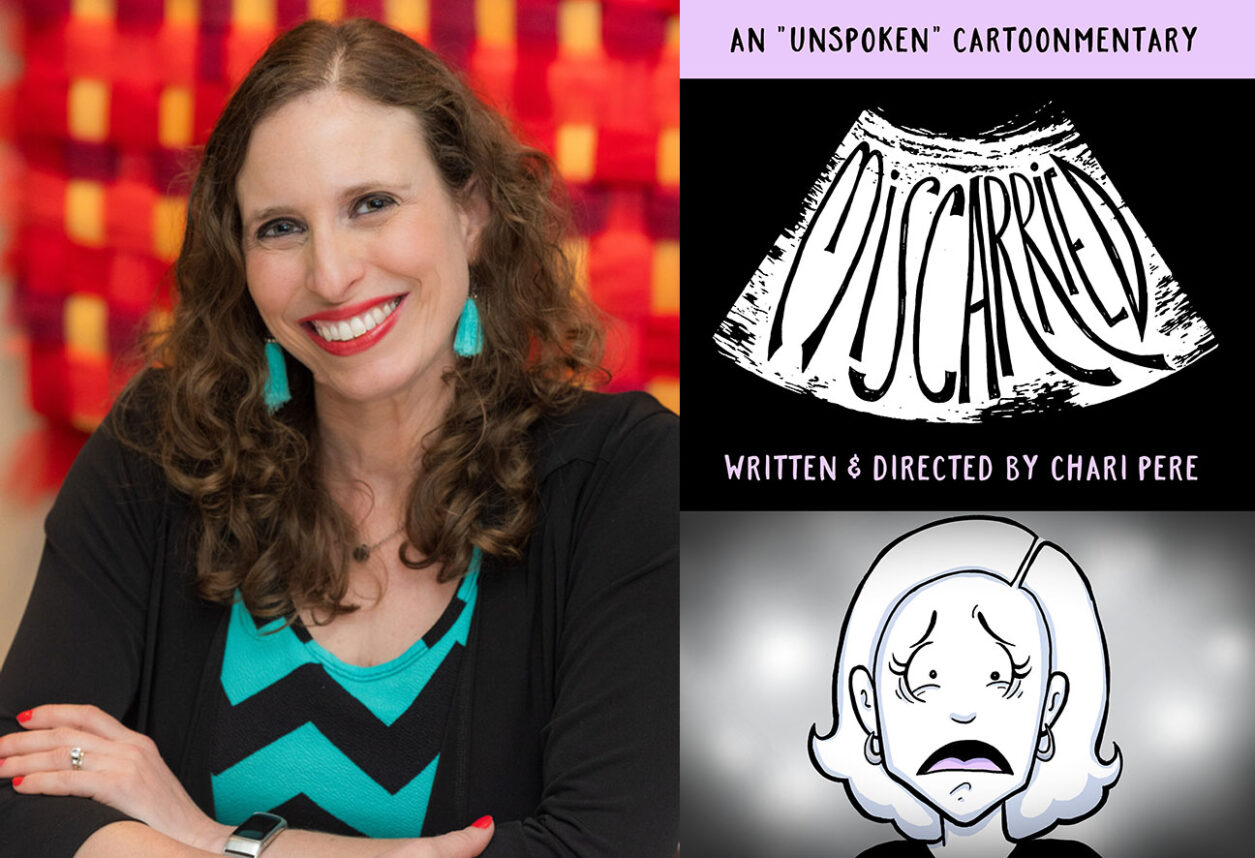Often we limit the Torah. We project our own ideas onto it—what we already identify with, ideas we think the Torah should be teaching us. Sometimes we feel the Torah cannot defend itself or be of value as it is, thus we fashion seatbelts for it that, I think, ultimately detract from it.
One example is how we see our Avot and Imahot. (I won’t even go into the Artscroll illustrations of the Avot wearing schtriemlach.) Instead of taking the Torah at its word, we remake the p’shat (textual meaning) of the Torah into descriptions of the Avot as perfect tzadikim (righteous people). In fact, it often seems that a majority of the stories the Torah chooses to tell us of the Avot in Breishit are just the opposite- stories which depict midot that we would not consider refined.
I am not saying the Avot did not make the right decisions in the situations they were presented with; in some instances they perhaps had little choice but to choose the lesser of two evils. I am saying that we should take care in claiming they were perfect, indeed the Torah, for its own reasons, which no doubt are right, did not choose to paint pictures of our Avot as perfect, but rather as sometimes lacking in midot.
A second important point- I am not denying that if read on a halachic/lomdishe level or on a kabalistic level, the actions of our ancestors cannot be justified- they can. I am asking the question of whether the Avot as presented to us in the p’shat (and the Torah must be readable on its p’shat level) are perfect. Some obvious examples: Sarah throws her son out of the house for playing/laughing, Yosef’s brothers plot to kill him because they are jealous of him, as the Torah clearly states. Yaakov and Rivka lie to Yitzchak, their blind father/husband. Noach, the only person called a tzadik in Breishit, turns to drunkenness immediately after being saved from the flood, etc. (There is one interesting exception to this trend which is Yosef. After he grows up, he attributes everything to God, puts God at the center always, and humbly puts himself in check in order to give to others.)
The notion that our ancestors were righteous and kept the whole Torah is taken as p’shat by our day school-educated children. After all, if they are our examples, how could they be anything but superhuman tzadikim? The idea that they may not be seems, instead of rendering our Avot more accessible as role models for us, to deeply threaten people’s faith.
The Torah has many faces and many understandings and to see the Torah as black and white, to say it has one explanation, is to remake it in our image instead of letting it teach us. Torah is holy and Divine and can protect itself. It does not have to fit neatly into the theological molds we make for it within our religious comfort zones. Instead , we must let the Torah challenge us to think outside the box. Perhaps our Avot were not perfect and there is much to learn from this.
There are actually conflicting notions in Chazal (our rabbis, may their memory be for a blessing) in regard to the question of whether our ancestors kept the Torah.
שמות רבה (וילנא) פרשה ל
מגיד דבריו ליעקב חקיו ומשפטיו לישראל לא עשה כן לכל גוי אלא למי ליעקב שבחרו מכל העובדי כוכבים ולא נתן להם אלא מקצת נתן לאדם ו’ מצות, הוסיף לנח אחת, לאברהם ח’, ליעקב ט’, אבל לישראל נתן להם הכל
According to this opinion in the above Midrash, Noah kept seven mitzvot, Avraham eight, and Yaakov nine. That’s it.
Here we see the radical opposite Midrash brought in the Talmud.
תלמוד בבלי מסכת יומא דף כח עמוד ב
אמר רב: קיים אברהם אבינו כל התורה כולה, שנאמר +בראשית כו+ עקב אשר שמע אברהם בקלי וגו’. אמר ליה רב שימי בר חייא לרב: ואימא שבע מצות! – הא איכא נמי מילה. – ואימא שבע מצות ומילה! – אמר ליה: אם כן מצותי ותורתי למה לי? אמר (רב) +מסורת הש”ס: [רבא]+ ואיתימא רב אשי: קיים אברהם אבינו אפילו עירובי תבשילין, שנאמר תורתי – אחת תורה שבכתב ואחת תורה שבעל פה.
According this piece of Talmud, Avraham kept not only the written Torah but the oral tradition and even rabbinic fences such as Eruv Tavshilin, a rabbinic commandment that was put in place to allow cooking on Yom Tov for Shabbat, which according to most, is probably only a rabbinic limitation itself.
But how are we to understand this opinion that our Avot kept the Torah, when indeed it was not yet given?
The Nitivot Shalom explains how we can understand the Midrashic idea that our ancestors kept Torah, even if it was not commanded to them, as follows (Hakdamah 3):
With regard to all things we must ask not only is this permitted or forbidden by law but is it “Good in God’s eyes.” Even if there is no clear source in the Torah from which to infer what is good or bad in the eyes of God, the human soul can teach us the truth of it.
It is in this way that we can understand that which the Midrash says, that Avraham fulfilled the entire Torah before it was given. For if it was not yet given, how did Avraham know it? One could say he knew it through Ruach haKodesh, the Holy Spirit, but in truth he knew it through the meaning of, “You shall do what is good and right in the eyes of God.”
This means we must do what brings us close to God. How do we know what that is (if one does not have the Torah as Abraham did not, or if it is not all written in the Torah)? The human soul can teach us how. The soul within us that is a true part of God above can sense what is good and right in God’s eyes, and, conversely, what will make us distant from God. This is how Avraham fulfilled the entire Torah before it was given.
The Nitivot Shalom here is saying that through the human soul and conscience, we can intuit what is good and right in the eyes of God. This is how Avraham understood the Torah and by extension, since we all have a Divine soul, so can we. We must not only keep the laws but go beyond the letter of the law to do what is good and right, with the holy, though perhaps less than perfect Avot as our guides.





















 More news and opinions than at a Shabbat dinner, right in your inbox.
More news and opinions than at a Shabbat dinner, right in your inbox.